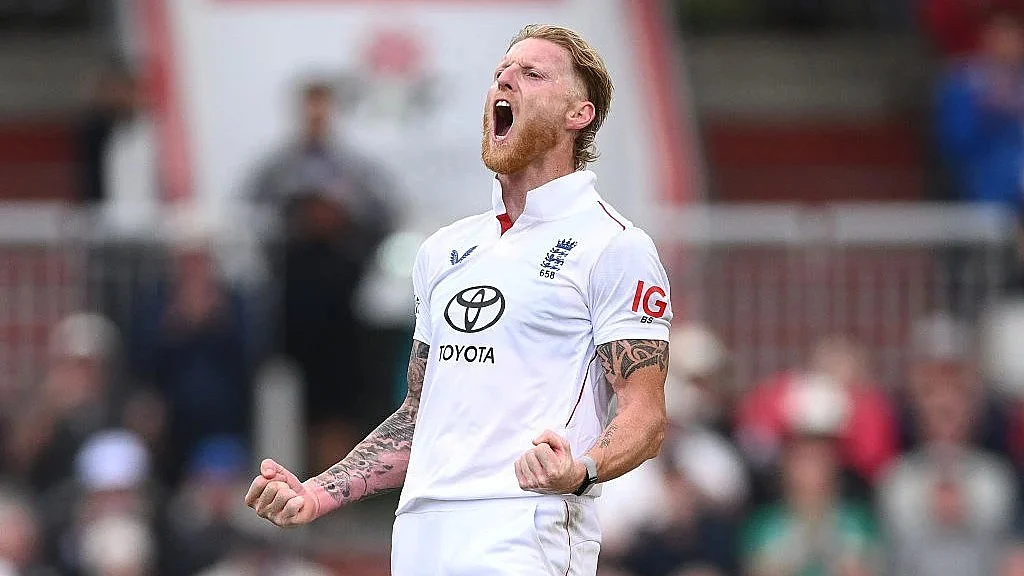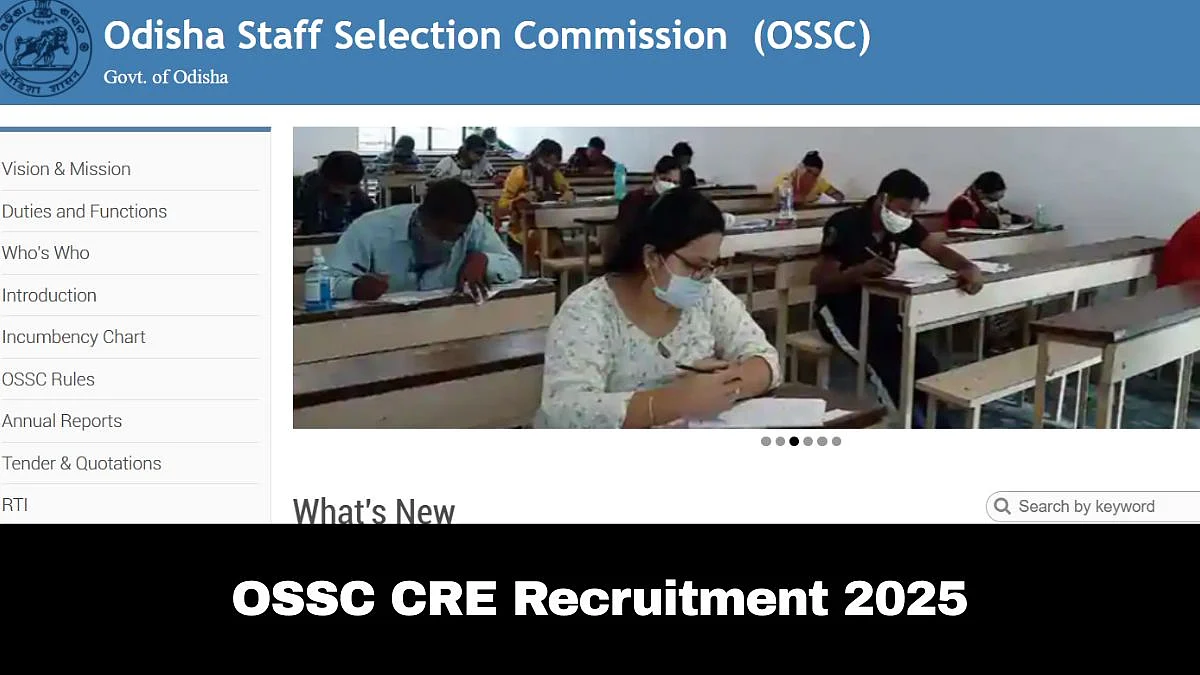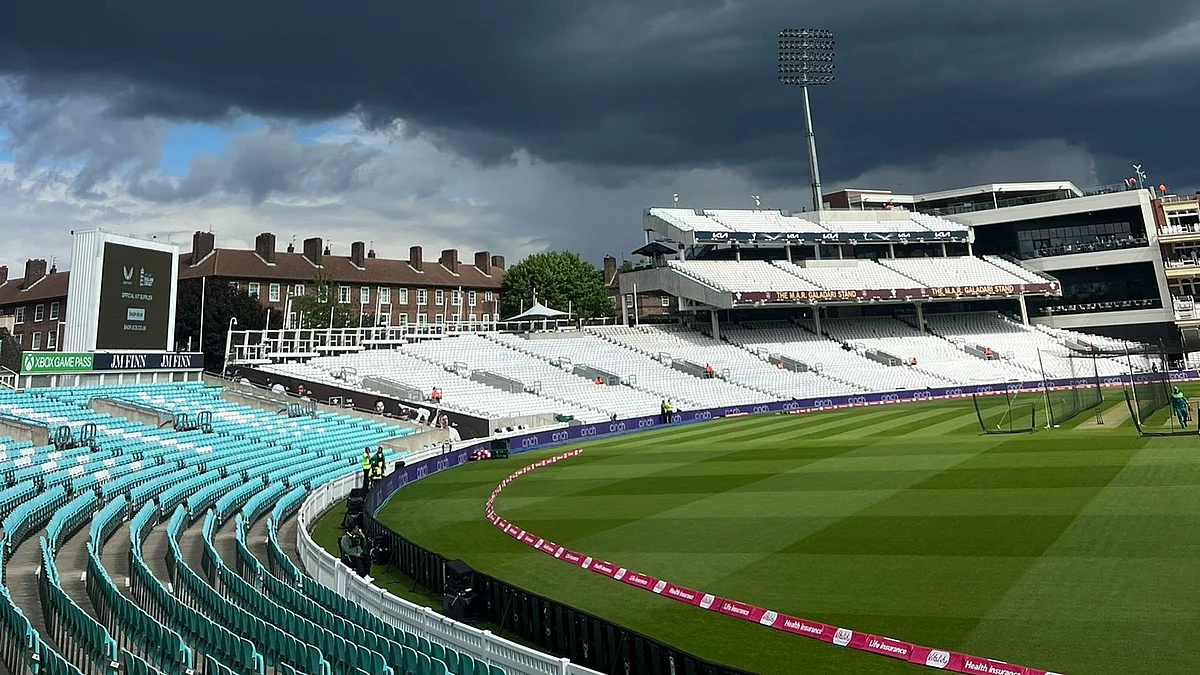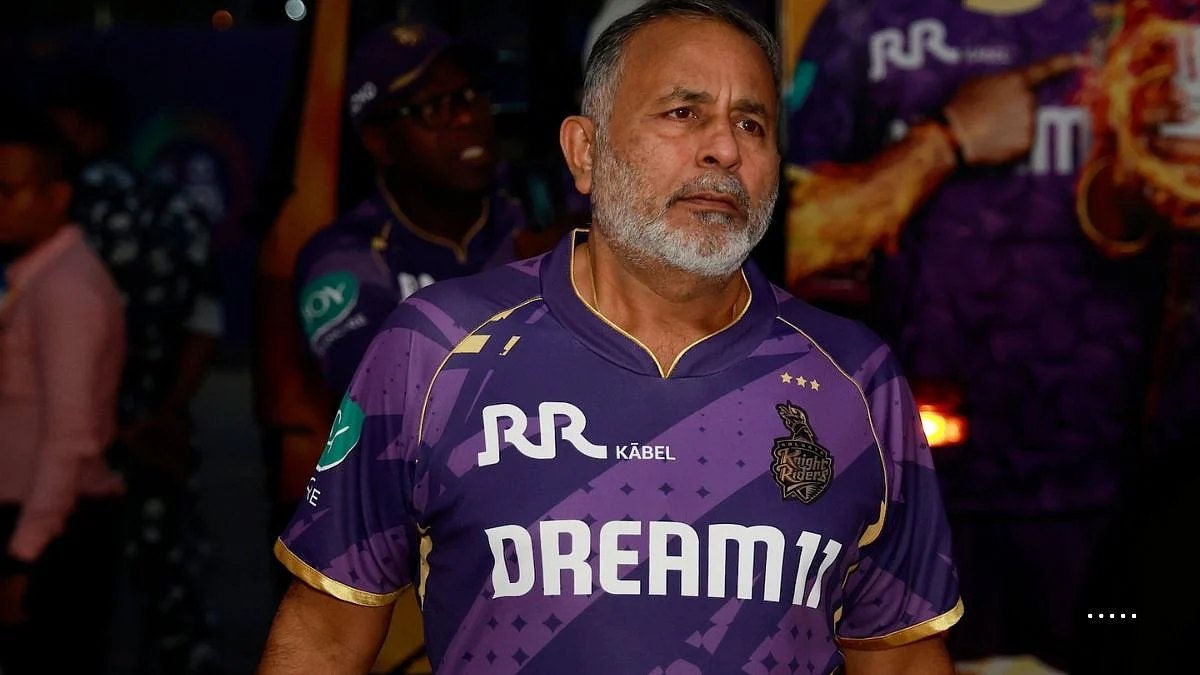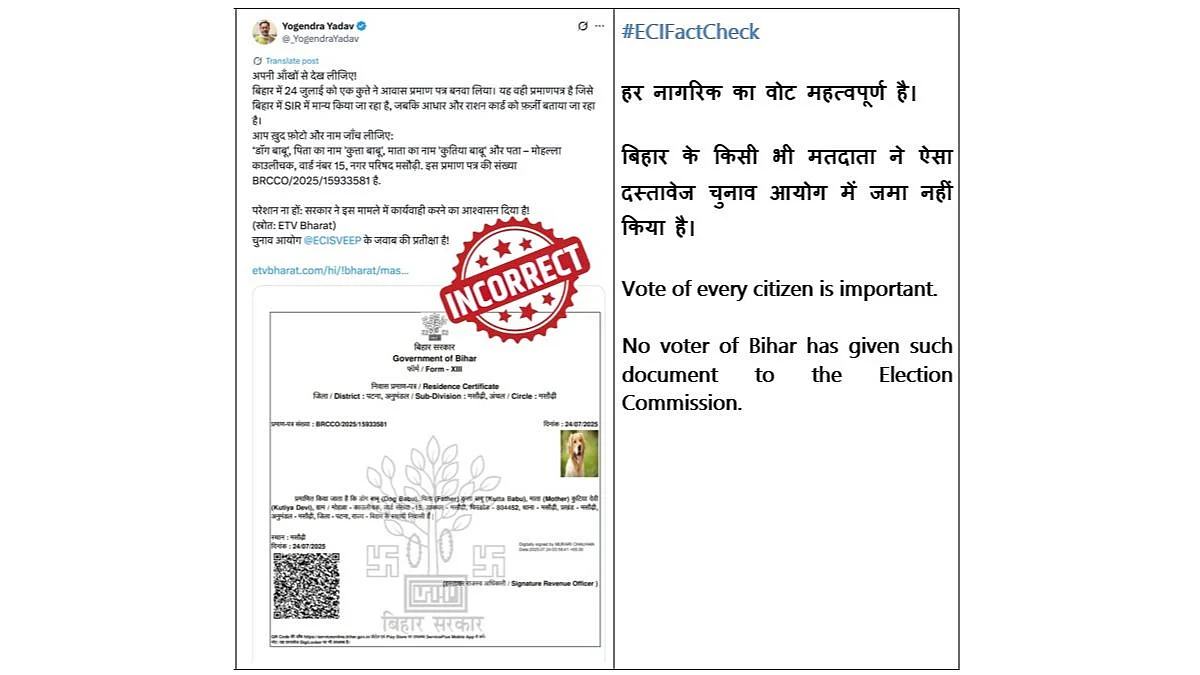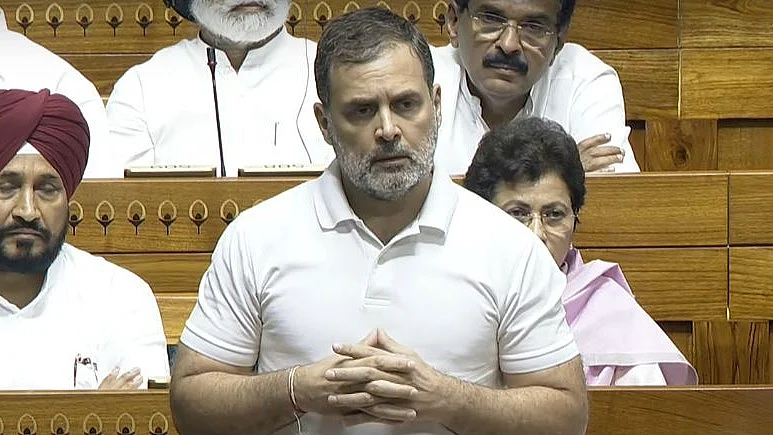New Delhi : The year just ending would go as one of reaffirmation by the supreme court of its primacy in judicial appointments that was sought to be taken away by the government scrapping the collegium system – in place since 1993 – and replacing it with a National Judicial Appointments Commission (NJAC).
The government’s move was viewed as interference in the independence of the judiciary. The appointment of judges is now likely to be more criteria-based and transparent as the collegium system had come under fire for its opaque functioning. Describing the court’s decision as “most important”, well-known lawyer Indira Jaising says that “It is very important that the separation of powers between the executive and the judiciary is maintained.”
The court had also struck down Section 66A of the Information Technology Act, 2000, holding that it imposed unreasonable curbs on the freedom of speech and expression. This provision was used by the high and mighty to stifle public criticism of their actions, lawyers said. The apex court’s footprint could be seen in every sphere of life – be it e-voting rights of NRIs, ejection of N. Srinivasan from the BCCI for his being in conflict of interest vis-Ã -vis the IPL, setting aside the stay of Salman Khan’s conviction by the Rajasthan High Court in the blackbuck hunting case or prohibiting the use of politicians’ images in government advertisements, among others. It was not just the dirt in the corridors of power that came under the apex court’s scanner. It also upheld the integrity of competitive exams as it quashed the AIPMT 2014-15 for the leakage of papers and answer keys making the rounds of examination centres through electronic devices.
Calling spade a spade, the court said that there could be no compromise in a rape case with the accused offering to marry the victim. Describing the performance of the court in 2015 “better than the average”, activist lawyer Prashant Bhushan said: “On the whole it was better than an average year. The court was pro-active on many public interest issues.”
The year 2015 will also be remembered for the Supreme Court sitting in the early hours of July 30 to hear the last ditch – but unsuccessful – attempt by Yakub Memon – convicted for the 1993 Mumbai serial bomb blasts – to escape the gallows. “To some extent, the direction the Supreme Court takes depends on the approach of the chief justice of India. The year was disappointing. In respect of death sentences, the judgments delivered were appalling. On critical social issues, the Supreme Court lost its way. However, the most outstanding judgment was in the NJAC case which made up for all omissions,” Gonsalves added.

